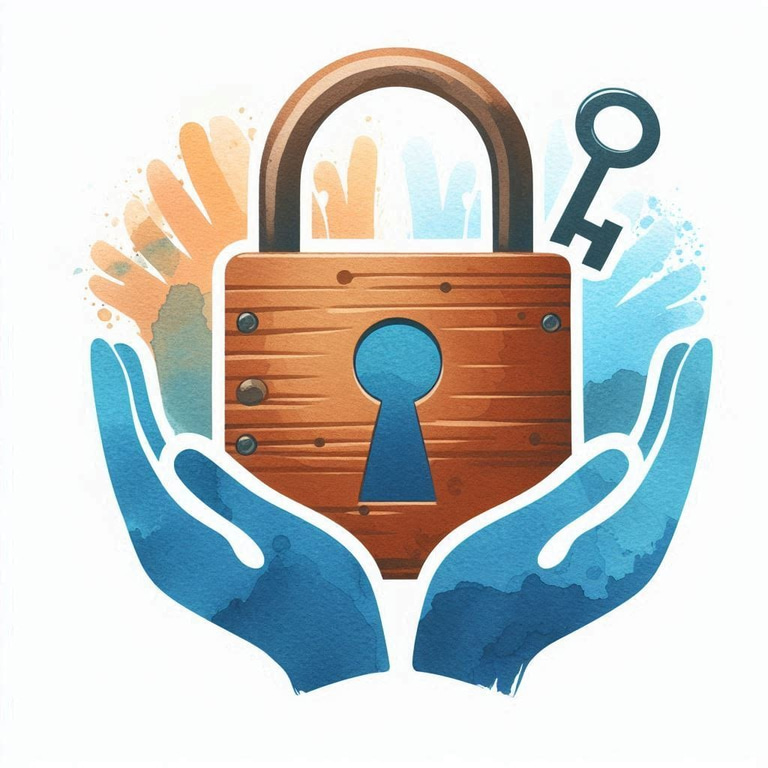Recovered and Motivated LLC
Recovered and motivated LLC
Recovered and Motivated llc
The Power of Peer Support in Substance Abuse Recovery
Substance abuse recovery is a challenging journey, often fraught with emotional and psychological hurdles. One of the most effective ways to navigate this path is through peer support, a process that harnesses the shared experiences and mutual understanding of individuals who have faced similar struggles. This blog explores the transformative impact of peer support in the recovery process and highlights its key benefits. Understanding Peer Support Peer support involves individuals who have experienced addiction helping others who are currently navigating their own recovery journey. This form of support can take many shapes, including group therapy sessions, one-on-one mentoring, or informal meetups. Unlike traditional therapeutic approaches, peer support emphasizes shared experiences over clinical expertise, creating an environment of empathy and understanding. Building Trust and Connection One of the primary benefits of peer support is the establishment of trust. Individuals in recovery often feel isolated and misunderstood, making it challenging to open up about their struggles. When they engage with peers who have walked a similar path, they find a safe space where their feelings and experiences are validated. This connection fosters a sense of belonging and community, which is crucial for recovery. Reducing Stigma Substance abuse carries a significant stigma, which can deter individuals from seeking help. Peer support groups create a non-judgmental atmosphere, allowing participants to share their stories without fear of criticism. This shared vulnerability helps break down the barriers associated with addiction, encouraging more people to seek help and support. Enhancing Motivation and Accountability Recovery is not a linear process; it involves setbacks and challenges. Peer support can significantly enhance motivation and accountability. Hearing success stories from others can inspire individuals to persevere in their own recovery. Moreover, having a peer support partner can instill a sense of responsibility, encouraging individuals to stay committed to their recovery goals. Skills and Strategies for Coping Peers often share practical coping strategies and skills that have worked for them in their own recovery. This exchange of ideas can be invaluable, offering new perspectives on dealing with triggers, cravings, and emotional struggles. Learning from others’ experiences helps individuals build their own toolkit for managing challenges, making them better equipped to handle obstacles as they arise. Promoting Long-Term Recovery Research indicates that peer support can lead to improved outcomes in long-term recovery. Individuals who engage in peer support networks are more likely to maintain sobriety and develop healthier coping mechanisms. The sense of camaraderie and shared purpose within these groups reinforces the commitment to recovery, helping individuals stay focused on their goals. Finding Peer Support For those seeking peer support, numerous resources are available. Local community centers, hospitals, and addiction treatment facilities often offer support groups such as Alcoholics Anonymous (AA) or Narcotics Anonymous (NA). Online platforms and social media also provide opportunities to connect with others in recovery, making it easier to find support no matter where one is located. Conclusion Peer support plays a vital role in substance abuse recovery, offering connection, understanding, and practical strategies for coping. By fostering an environment of trust and acceptance, peer support not only enhances individual recovery journeys but also strengthens communities. For anyone navigating the challenges of addiction, reaching out to peers can be one of the most empowering steps on the path to healing. Embrace the journey, and remember: you are not alone.
Steven Watt
9/19/20241 min read


My post content
